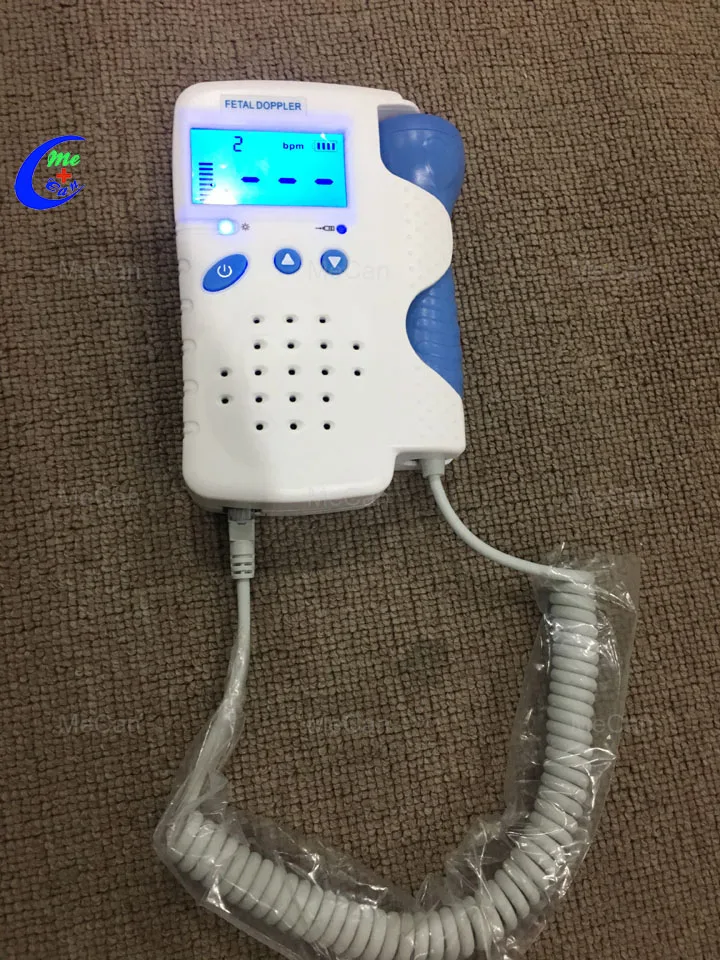
Why? At-home monitors aren’t as sophisticated as the one your practitioner uses, so you might have a hard time finding your baby’s heart or it could sound fainter than usual. But the Food and Drug Administration (FDA) warns against them, and for good reason. These devices can be tempting - hearing your baby’s heart rate might reassure you that she’s doing well in there. You can find at-home heart monitors that allow you to listen to your baby’s heart anytime at drugstores or online. And if you have any questions or concerns that she hasn’t brought up, just ask.) Fetal Doppler baby heart monitors vs. (Though if there is a problem, your practitioner will let you know.

It could take a minute for your practitioner to find your baby’s heart, and you might worry whether it sounds normal. įor some moms, the process can be a little nerve-wracking.

If that happens, you might end up having to undergo further testing. It’s possible (but unlikely) that your practitioner might suspect a problem with your baby’s heart when there isn’t one. Still, there are a few things worth keeping in mind: Downsides or risks of fetal heart monitorsįetal heart monitoring is a valuable part of prenatal care, and there are no significant downsides or risks.

Your doctor might start listening to your baby’s heart at your three-month checkup.Īfter the first time, you can expect him or her to check cardiac activity at every visit. You can usually hear fetal cardiac activity on a Doppler monitor for the first time around week 10 of pregnancy, but the timing can vary a bit.

When will my doctor use a fetal Doppler baby heart monitor? Starting some time in your second trimester, your practitioner will use one to check your baby’s heart rate and rhythm, which can offer insight into how your sweet pea is growing and developing in utero. What is a fetal heart monitor?Ī fetal heart monitor is a handheld Doppler device that uses ultrasound technology to listen to a baby’s heart during pregnancy. Here’s a look at what fetal heart monitors are, when and why your practitioner might use one, the benefits and risks, and whether it’s worth using an over-the-counter heart monitor at home.


 0 kommentar(er)
0 kommentar(er)
